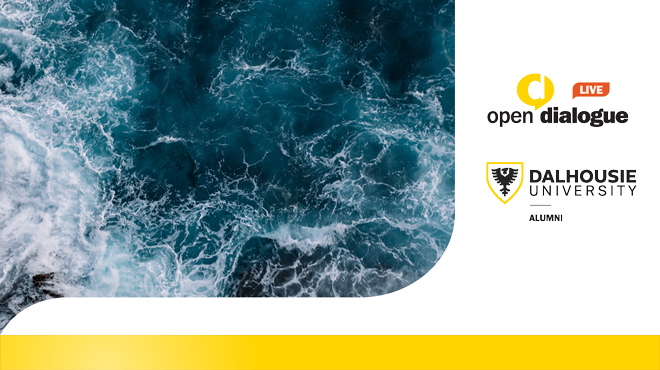
Open Dialogue Live: Accelerating ocean research at Dalhousie
Thursday, April 20, 2023Time & Location
6:30 p.m. ADT
In Person & Online
Steele Ocean Sciences Building Atrium
1355 Oxford Street, Halifax
Join our guest experts for an insightful Open Dialogue Live conversation on ocean research at Dalhousie.
About this event
Did you know that the ocean absorbs more carbon than all the rainforests combined? Yet the ocean is missing from climate action conversations. Working with national and international partners, Dalhousie researchers have a plan. They envision a global research collaboration that will transform climate action and develop new technology and practices that will create a robust, equitable and just ocean economy. Read about their work to bring ocean health to the centre of global climate action.
Join us for this panel discussion to learn more about how the ocean controls our climate and drives our weather, and the ocean research happening at Dalhousie.
Register to attend
This event is free and open to the public. Please sign up to attend in person or to watch online.
This event will be presented in person in the Atrium of the Steele Ocean Sciences Building on our Studley Campus, as well as live streamed. Attendees and online participants will have an opportunity to engage during the Q&A portion following the discussion.
Panelists
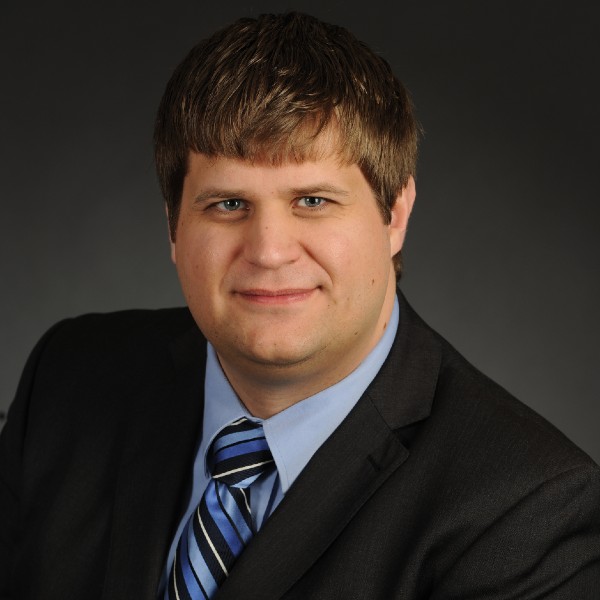 Award-winning interdisciplinary scholar and instructor, Mike Smit (BCSc’04, MCSc’06) is the deputy scientific director for the Ocean Frontier Institute and the principal for the Atlantic Regional Association of the Canadian Integrated Ocean Observing System. He studies the intersection of people, information, and technology, drawing on information and computer science to explore how we use emerging technology to benefit people, organizations, and society. Much of his recent work is on ensuring ocean, environment, and climate data is available, accessible, and usable. He was recently one of the leads in developing the Transforming Climate Action proposal.
Award-winning interdisciplinary scholar and instructor, Mike Smit (BCSc’04, MCSc’06) is the deputy scientific director for the Ocean Frontier Institute and the principal for the Atlantic Regional Association of the Canadian Integrated Ocean Observing System. He studies the intersection of people, information, and technology, drawing on information and computer science to explore how we use emerging technology to benefit people, organizations, and society. Much of his recent work is on ensuring ocean, environment, and climate data is available, accessible, and usable. He was recently one of the leads in developing the Transforming Climate Action proposal.
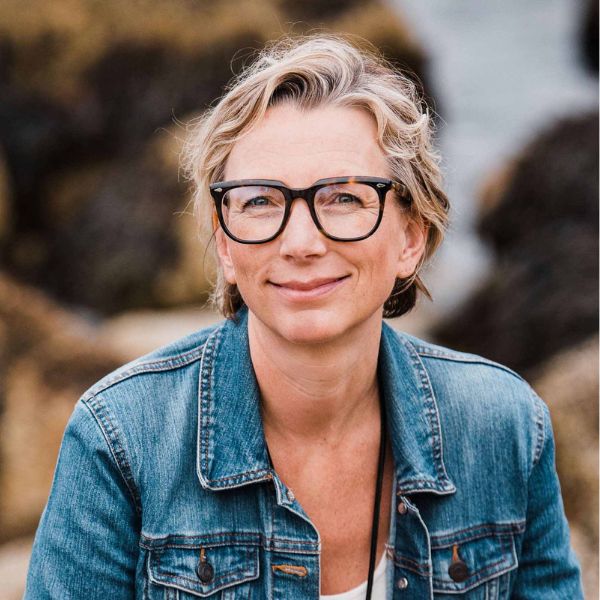 Katja Fennel is a biogeochemical modeler with more than two decades of experience in biogeochemical model development, particularly in high-resolution on regional scales. Areas of expertise include data assimilation, carbon cycling and deoxygenation research, and numerical prediction. Katja has worked extensively on hypoxia in the Northern Gulf of Mexico, the largest coastal hypoxic zone in North American waters including production of seasonal forecasts issued annually for public release by NOAA and generation and analysis of nutrient reduction scenarios that were used by the Hypoxia Task Force to inform nutrient management in the Mississippi watershed. Currently, Katja is leading a major Canadian infrastructure project that will deploy a regional BGC Argo array in the northwest North Atlantic.
Katja Fennel is a biogeochemical modeler with more than two decades of experience in biogeochemical model development, particularly in high-resolution on regional scales. Areas of expertise include data assimilation, carbon cycling and deoxygenation research, and numerical prediction. Katja has worked extensively on hypoxia in the Northern Gulf of Mexico, the largest coastal hypoxic zone in North American waters including production of seasonal forecasts issued annually for public release by NOAA and generation and analysis of nutrient reduction scenarios that were used by the Hypoxia Task Force to inform nutrient management in the Mississippi watershed. Currently, Katja is leading a major Canadian infrastructure project that will deploy a regional BGC Argo array in the northwest North Atlantic.
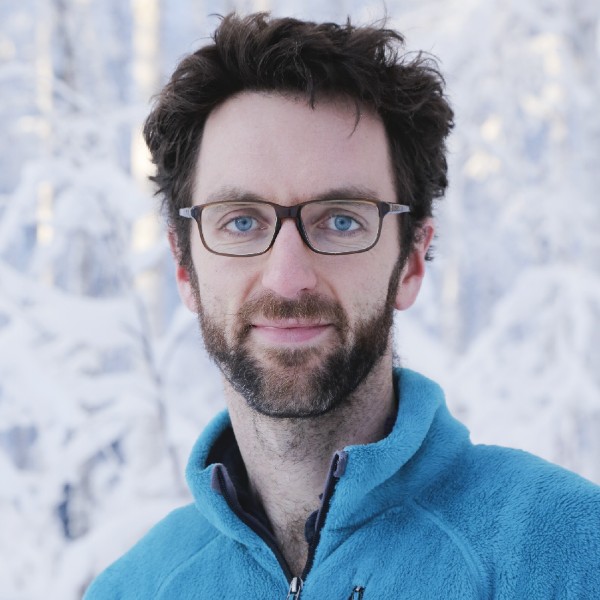 Will Burt (PhD’16) is the chief ocean scientist at Dartmouth-based Planetary Technologies, a global R&D leader for an ocean-based carbon dioxide removal (CDR) technology called Ocean Alkalinity Enhancement (or OAE). OAE is among the world’s most promising CDR strategies, with potential to scale towards a true impact in the fight against the climate crisis. Will’s role is to direct the scientific progress for Planetary’s lab and field-based experimentation, while also helping to advance the academic-led research, including 3 different Dal-led OAE projects currently underway. He is also responsible for expanding Planetary’s global scientific collaborations, guiding technology development, and generally, being among the leading scientific-industry voices in this exciting new marine field that, due to its potential, is growing at an extremely rapid pace.
Will Burt (PhD’16) is the chief ocean scientist at Dartmouth-based Planetary Technologies, a global R&D leader for an ocean-based carbon dioxide removal (CDR) technology called Ocean Alkalinity Enhancement (or OAE). OAE is among the world’s most promising CDR strategies, with potential to scale towards a true impact in the fight against the climate crisis. Will’s role is to direct the scientific progress for Planetary’s lab and field-based experimentation, while also helping to advance the academic-led research, including 3 different Dal-led OAE projects currently underway. He is also responsible for expanding Planetary’s global scientific collaborations, guiding technology development, and generally, being among the leading scientific-industry voices in this exciting new marine field that, due to its potential, is growing at an extremely rapid pace.
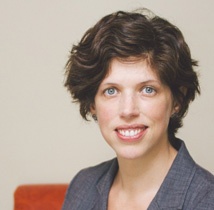 Kate Sherren is an environmental social scientist and professor with Dalhousie’s School for Resource and Environmental Studies. Dr. Sherren researches the human dimensions of landscape change, particularly in contexts of sustainable agriculture, renewable energy transition and coastal climate adaptation. This includes increasing engagement with ecosystem services, particularly the more immaterial categories that are cultural or relational in nature. She is increasingly integrating secondary datasets such as those from social media into her work.
Kate Sherren is an environmental social scientist and professor with Dalhousie’s School for Resource and Environmental Studies. Dr. Sherren researches the human dimensions of landscape change, particularly in contexts of sustainable agriculture, renewable energy transition and coastal climate adaptation. This includes increasing engagement with ecosystem services, particularly the more immaterial categories that are cultural or relational in nature. She is increasingly integrating secondary datasets such as those from social media into her work.
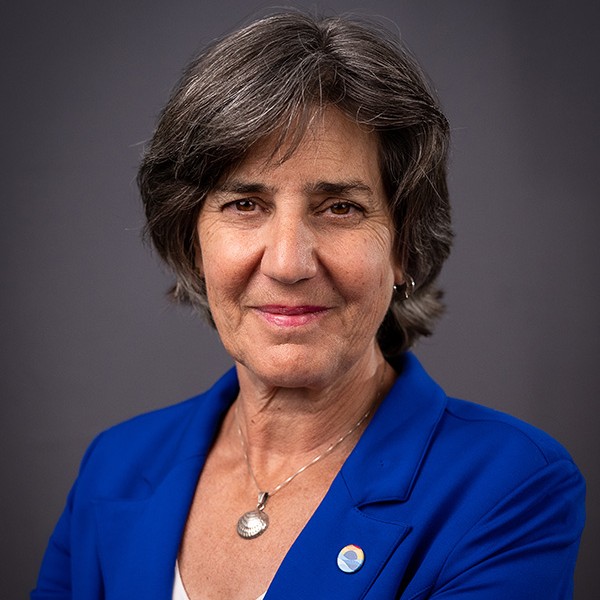 Anya Waite (BSc’85) will moderate the discussion. Dr. Waite is scientific director and CEO of the Ocean Frontier Institute, and associate vice-president research (ocean) at Dalhousie. Previously, she served as section head of polar biological oceanography at the Alfred Wegener Institute in Bremerhaven and as professor of oceanography in the Department of Biology at the University of Bremen. She obtained her PhD in 1992 in biological oceanography at the University of British Columbia and then held postdoctoral positions at WHOI (USA) and the Victoria University (New Zealand). Dr. Waite is co-chair of the prestigious Global Ocean Observation System steering committee – the first woman at the head of this body since its creation in 2011.
Anya Waite (BSc’85) will moderate the discussion. Dr. Waite is scientific director and CEO of the Ocean Frontier Institute, and associate vice-president research (ocean) at Dalhousie. Previously, she served as section head of polar biological oceanography at the Alfred Wegener Institute in Bremerhaven and as professor of oceanography in the Department of Biology at the University of Bremen. She obtained her PhD in 1992 in biological oceanography at the University of British Columbia and then held postdoctoral positions at WHOI (USA) and the Victoria University (New Zealand). Dr. Waite is co-chair of the prestigious Global Ocean Observation System steering committee – the first woman at the head of this body since its creation in 2011.
REGISTER TO ATTEND